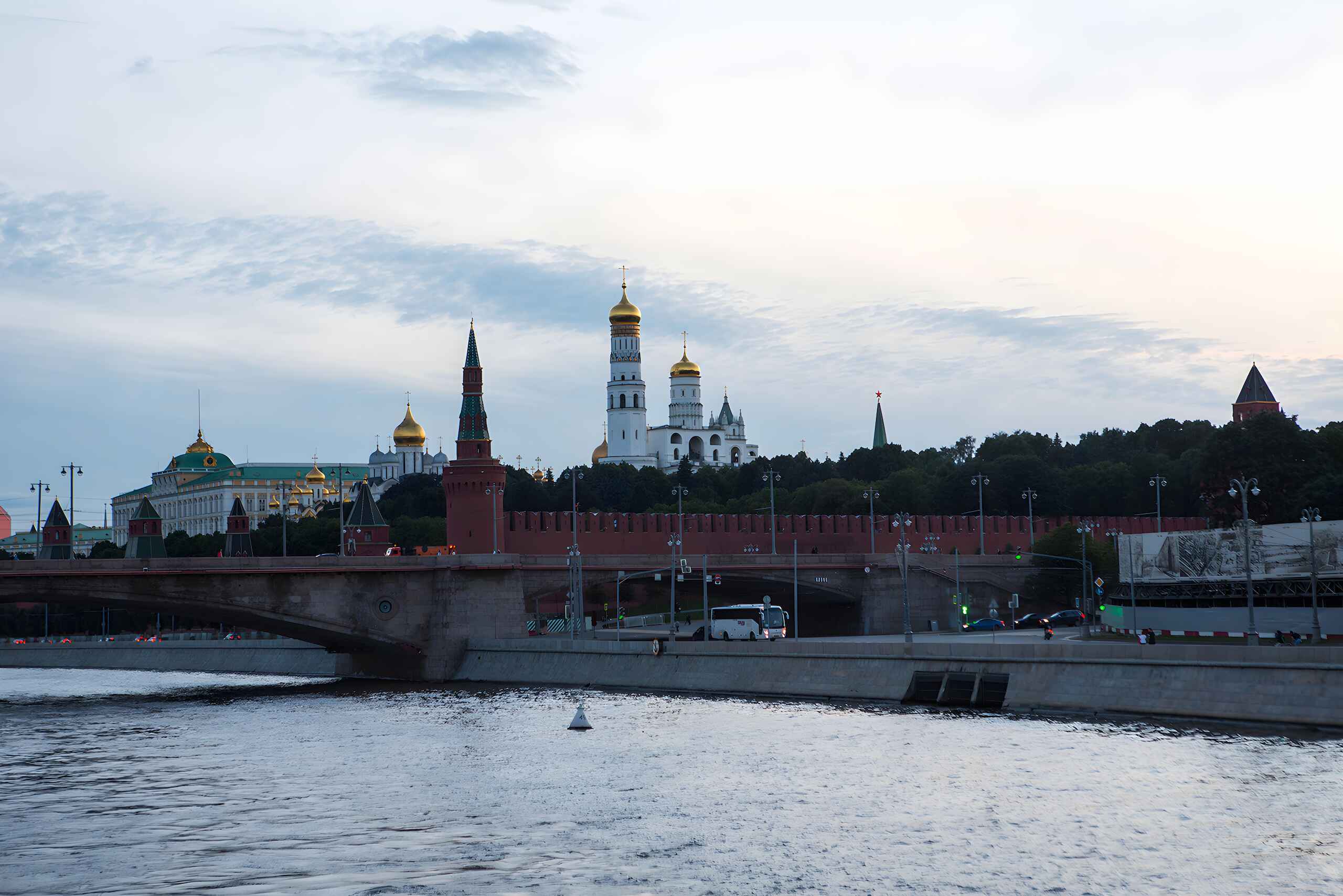
Photo: Yurii Sergeev
176th Bergedorf Round Table
(No) Bridge over Troubled Waters?
Russia and Europe in a Changing Global Environment
online, 8 June 2021
With post-Cold War security arrangements disintegrating and estrangement between Russia and its European neighbours growing, the notion of an inclusive “Europe from Lisbon to Vladivostok” seems like an echo from a distant past. While political relations between Moscow and European capitals are bogged down in perpetual crisis, the search for common ground and shared interests in a rapidly changing global environment has receded into the background. Yet, the aim of building a pragmatic partnership which underpins stability and peace in Europe and jointly addresses global challenges such as climate protection, transnational health policy and digitization, remains ever more relevant – but can only be achieved if negative trends in the relationship are reversed in the first place.
The 176th Bergedorf Round Table aimed to revisit the complex relationship between Russia and Europe. It mapped out the most urgent geopolitical challenges that Europe and Russia are facing. Where is cooperation possible and what can a common approach look like? What are key areas of contention and how can differences be overcome? Which values and principles should be at the core of future relations between Russia and Europe?
A distinguished group of 30 high-ranking politicians, government officials, and representatives of think tanks, academia and media from Germany, Europe (both EU and non-EU), Russia, and the US discussed these questions during the 176th Bergedorf Round Table on 8 June 2021. Against the backdrop of the COVID-19 pandemic, the Round Table was held in the digital realm.